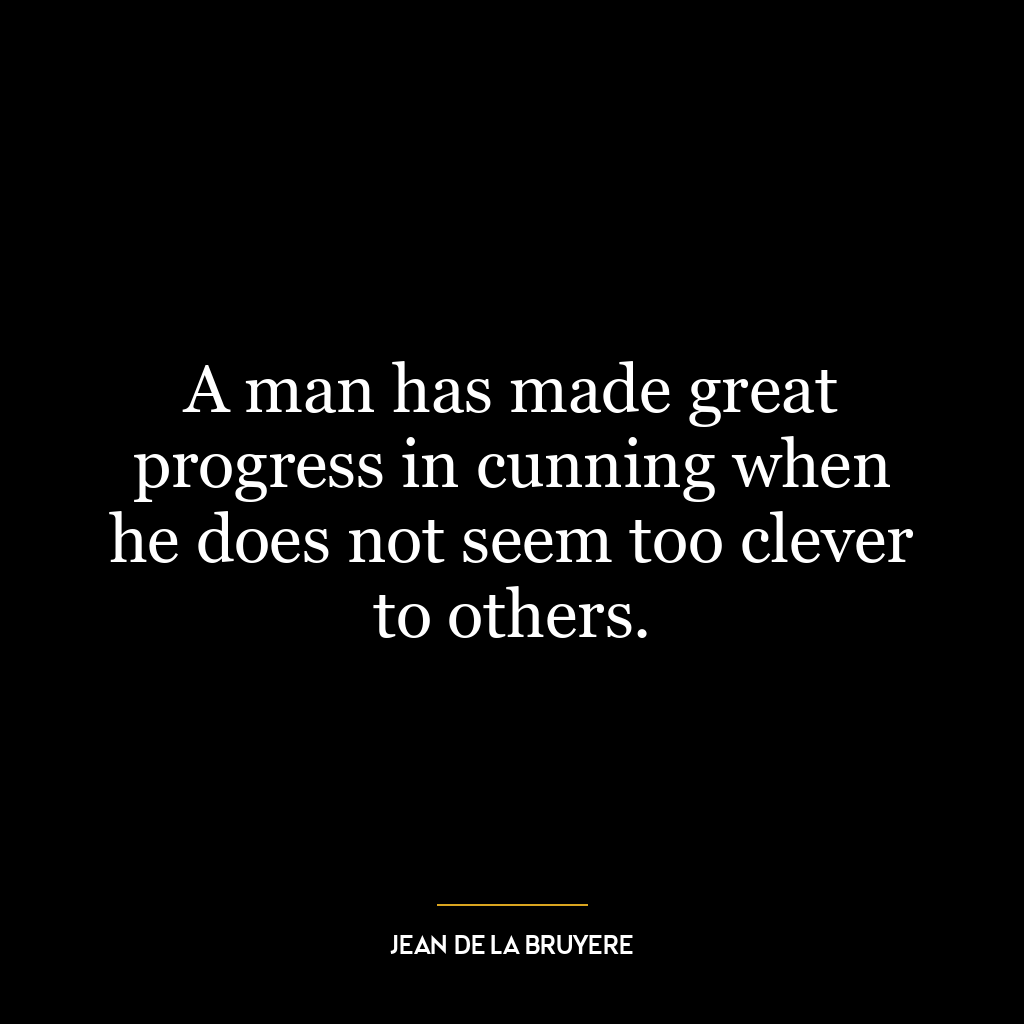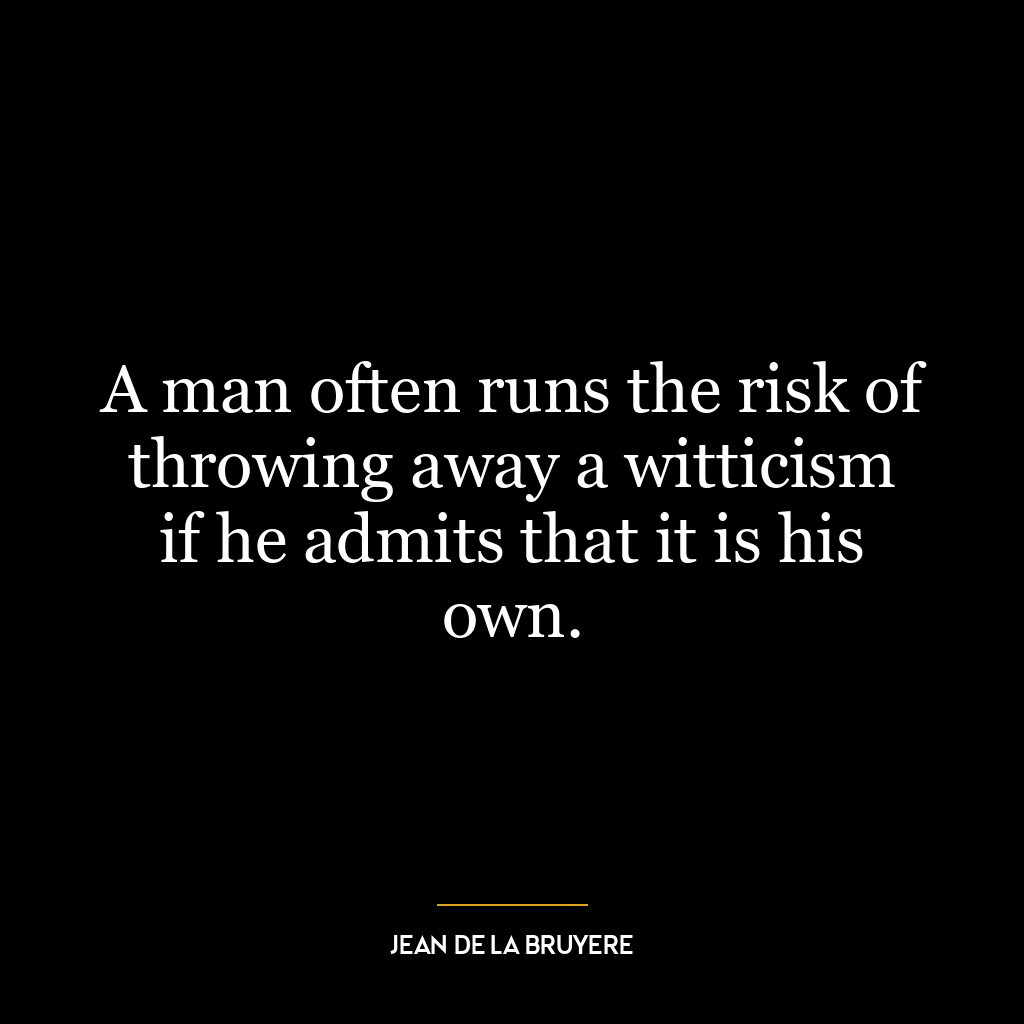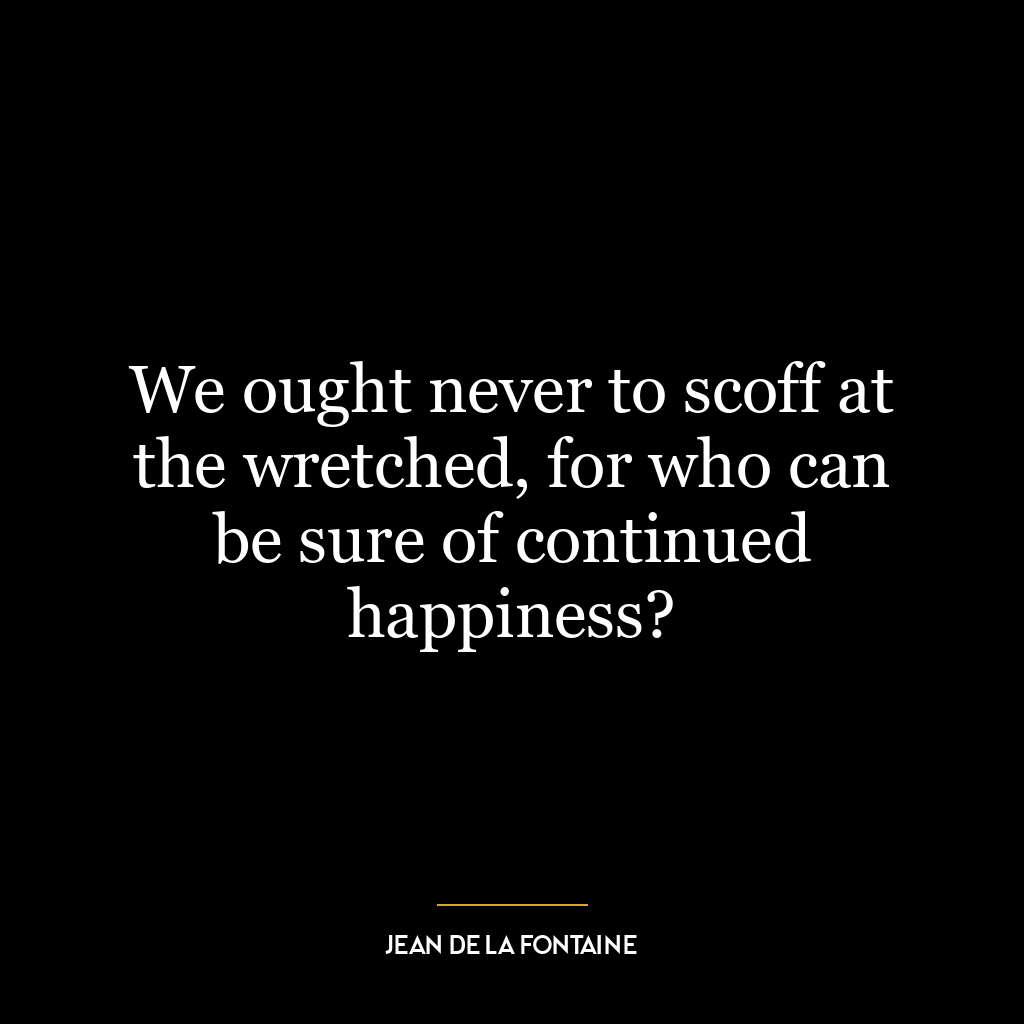This quote emphasizes the importance of humility and open-mindedness in resolving disagreements. It suggests that acknowledging one’s fallibility – the possibility of being wrong – is a powerful tool in conflict resolution. This is because it paves the way for open dialogue, reduces defensiveness, and encourages mutual understanding.
“I could be wrong; I often am,” is a statement that disarms tension and invites the other party to share their perspective without fear of immediate rejection or argument. It communicates that the speaker is not rigidly attached to their viewpoint and is open to considering alternative perspectives. This openness often encourages the same in return, creating a more productive and less combative conversation.
Applying this idea in today’s world, especially in the polarized society we live in, could lead to more constructive debates and less hostility. In politics, social issues, or everyday disagreements, admitting the possibility of being wrong can support healthier discourse, mutual respect, and potentially, better solutions.
In terms of personal development, this principle can foster growth and learning. By admitting that we could be wrong, we open ourselves to new ideas and experiences, and we allow ourselves to learn and grow. It encourages self-reflection and critical thinking about our own beliefs and assumptions. This approach can lead to a more nuanced understanding of the world and a more flexible and adaptable mindset.










